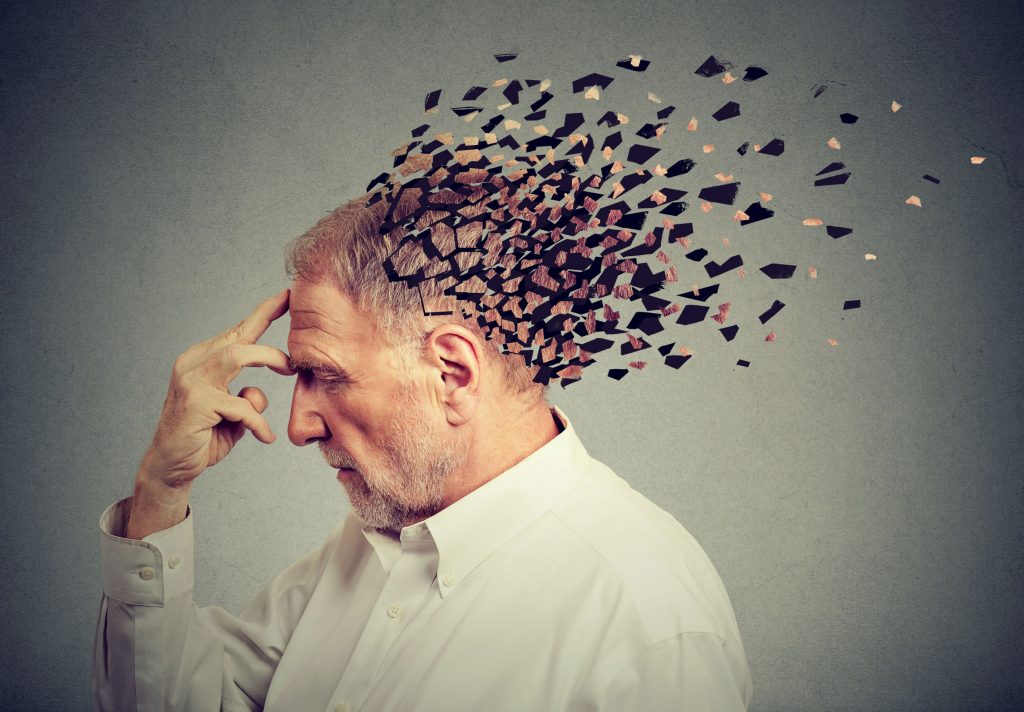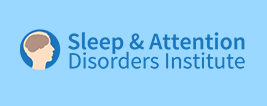Trazodone for sleep reduces worsening of memory

Trazodone for sleep reduces worsening of memory in patients with and without cognitive impairment. Trazodone has long been my preferred medicine for patients with chronic insomnia. I also use it frequently for sleep apnea patients who are not tolerating Continuous Positive Airway Pressure (CPAP) treatment. CPAP causes arousals and awakenings and disturbs sleep, and APAP (auto-titrating positive airway pressure) is even worse in this respect. Trazodone reduces arousals in sleep apnea patients. Medicines like trazodone improves CPAP adherence in sleep apnea patients having trouble tolerating CPAP.
Researchers from University of California, San Francisco, looked at patients with sleep disorders using trazodone. Some of them had mild cognitive impairment (MCI) or Alzheimer’s dementia (AD). Others had normal cognition. The researchers compared them with matched patients not using trazodone. Patients on trazodone had less decline in cognitive function over the next few years.
Trazodone improves sleep in Alzheimer’s patients
Research has shown that trazodone improves sleep in AD patients. Melatonin, ramelteon, and mirtazapine do not. Trazodone does not generally cause cognitive impairment or daytime sleepiness. This is unlike many other medicines used for sleep. Trazodone has also been shown to increase deep sleep. Other research shows that worse sleep is associated with brain changes also seen in AD, and with worse cognitive function and dementia. Trazodone is an old and very inexpensive medicine.
Despite its benefits and advantages, many opinion makers in the sleep medicine community do not recommend it. The FDA has not approved it for insomnia. To get FDA approval, a pharmaceutical company does large double-blind studies comparing it with placebo (or with another FDA approved medicine). Along the way, the pharmaceutical company involves opinion makers as consultants, speakers, and board members. If the medicines gets FDA approval for the specific use, opinion makers add their voice. Trazodone is an old generic medicine approved for use in depression (in larger doses than often used for insomnia). It turns out that it is not a particularly effective antidepressant. Its patents have long expired. Therefore, it is unlikely that any pharmaceutical company will invest in the studies necessary for FDA approval for insomnia, or in convincing opinion makers. As a result, trazodone may never become widely recommended for sleep.
In conclusion, trazodone may be helpful in reducing the risk of mild cognitive impairment and Alzheimer’s dementia. This further strengthens my preference for using trazodone for chronic insomnia. Trazodone also helps towards improving my patients’ CPAP adherence to 85-90% (compared to the national average of 59%). Thus, I also help prevent cognitive decline that occurs in untreated sleep apnea.









